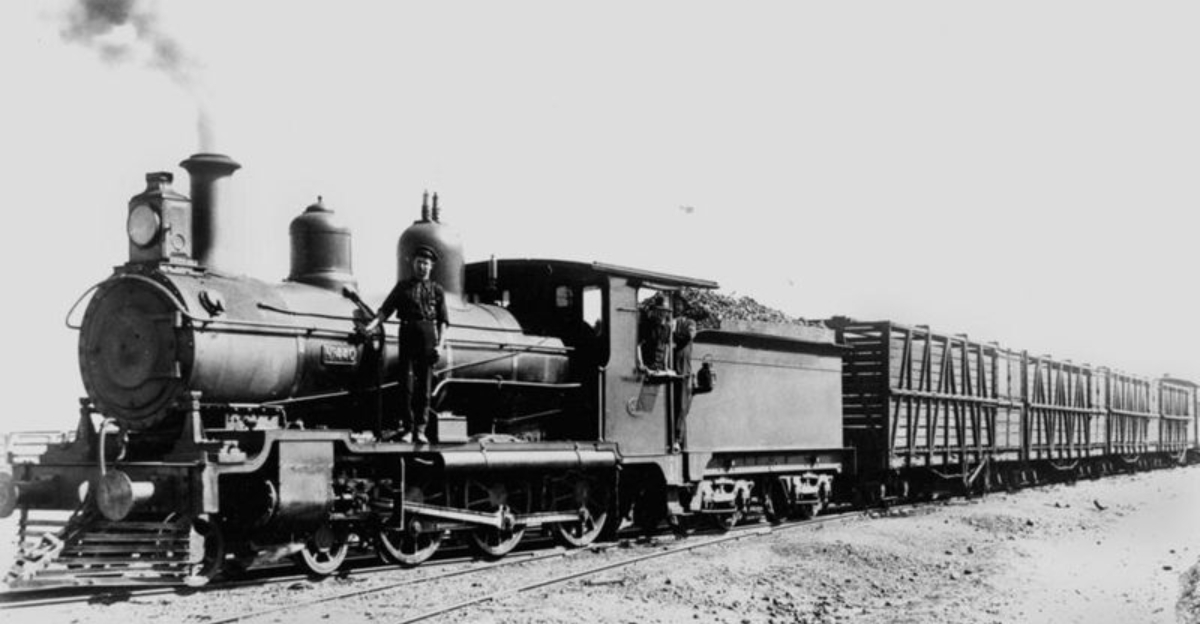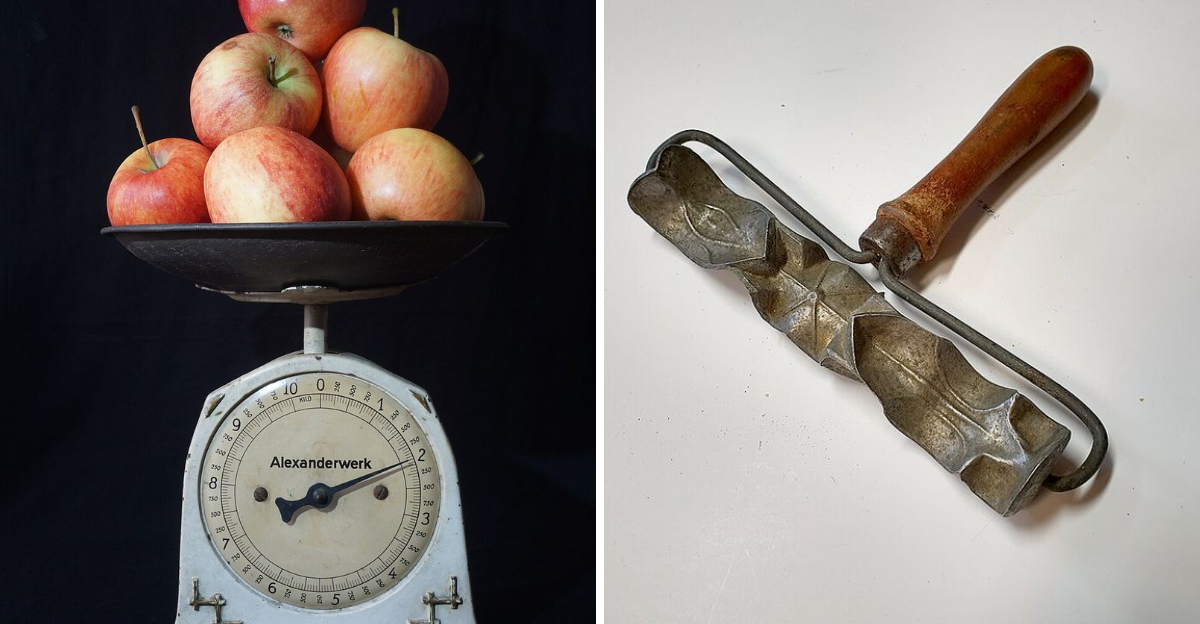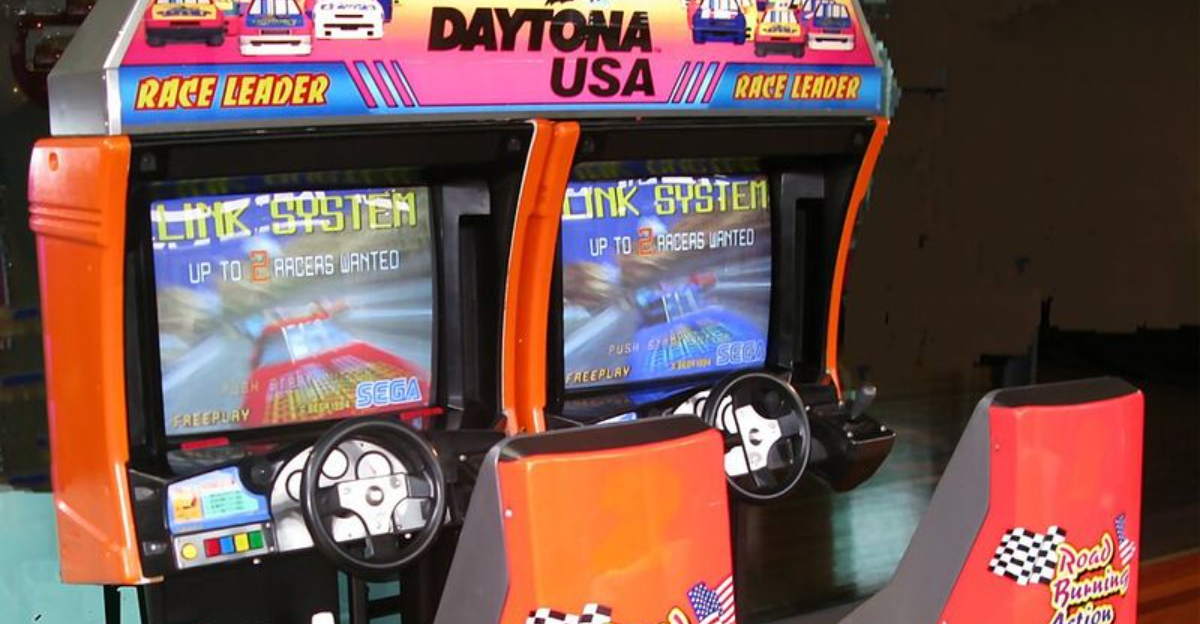16 Common Day-To-Day Tasks Boomers Might Remember
Remember when life moved a little slower and everyday tasks required more than just tapping a screen?
Baby Boomers grew up in a world where simple chores took patience, creativity, and sometimes a little elbow grease.
These nostalgic activities shaped a generation and created memories that still bring smiles today.
1. Using A Rotary Phone To Make Calls
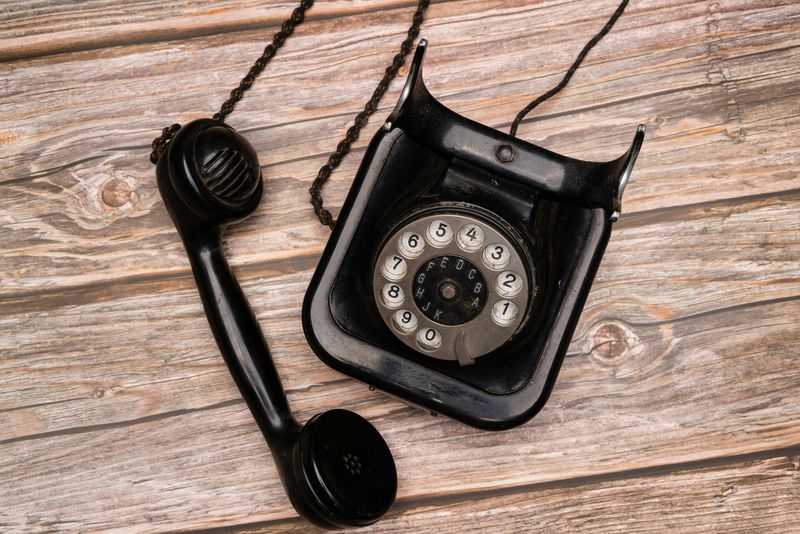
Before smartphones ruled the world, rotary phones sat proudly on kitchen counters and hallway tables. Dialing a number meant sticking your finger in the hole and rotating the dial all the way around for each digit. Wrong number? Start over from scratch!
Phone cords stretched across rooms like jungle vines as people tried to find privacy. Long-distance calls cost serious money, so conversations were brief and purposeful.
2. Adjusting TV Antennas For Better Reception
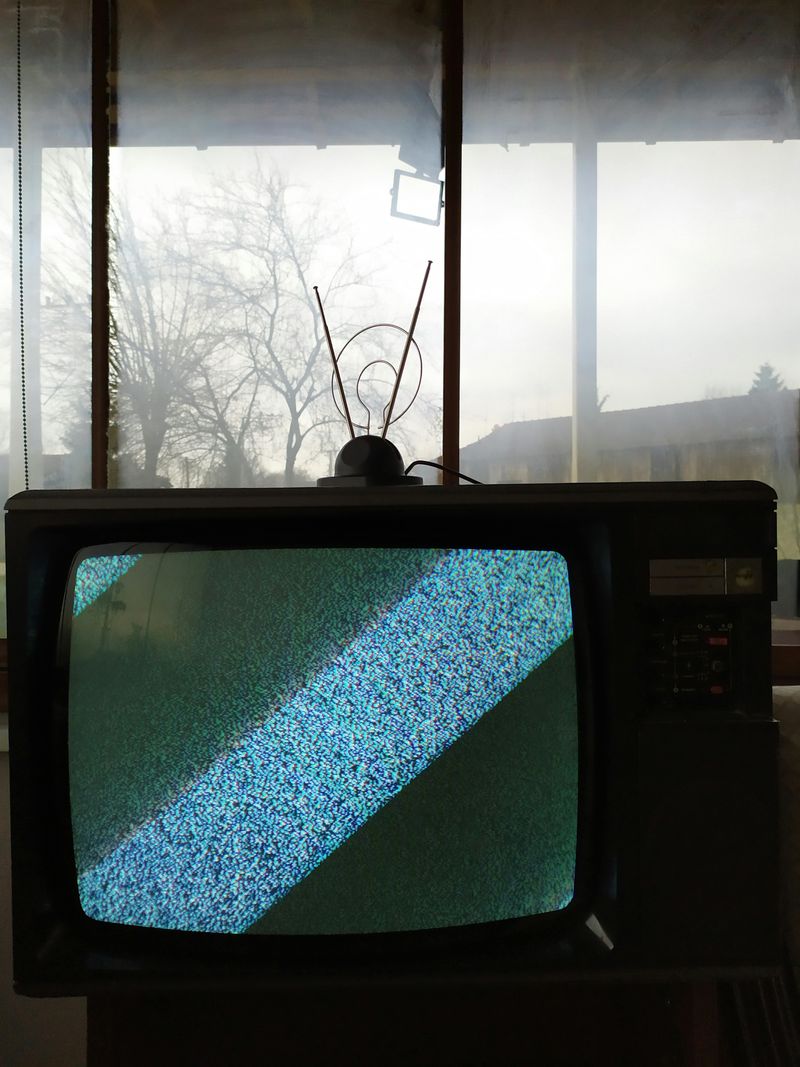
Getting a clear picture on television required serious detective work and teamwork. Someone had to stand by the TV and adjust those metal rabbit ears while another person shouted feedback from the couch. Static and snow covered the screen when signals got weak.
Outdoor antennas perched on rooftops like metal birds. Windy days meant fuzzy channels and frustrated families missing their favorite shows.
3. Rewinding VHS Tapes Before Returning Them
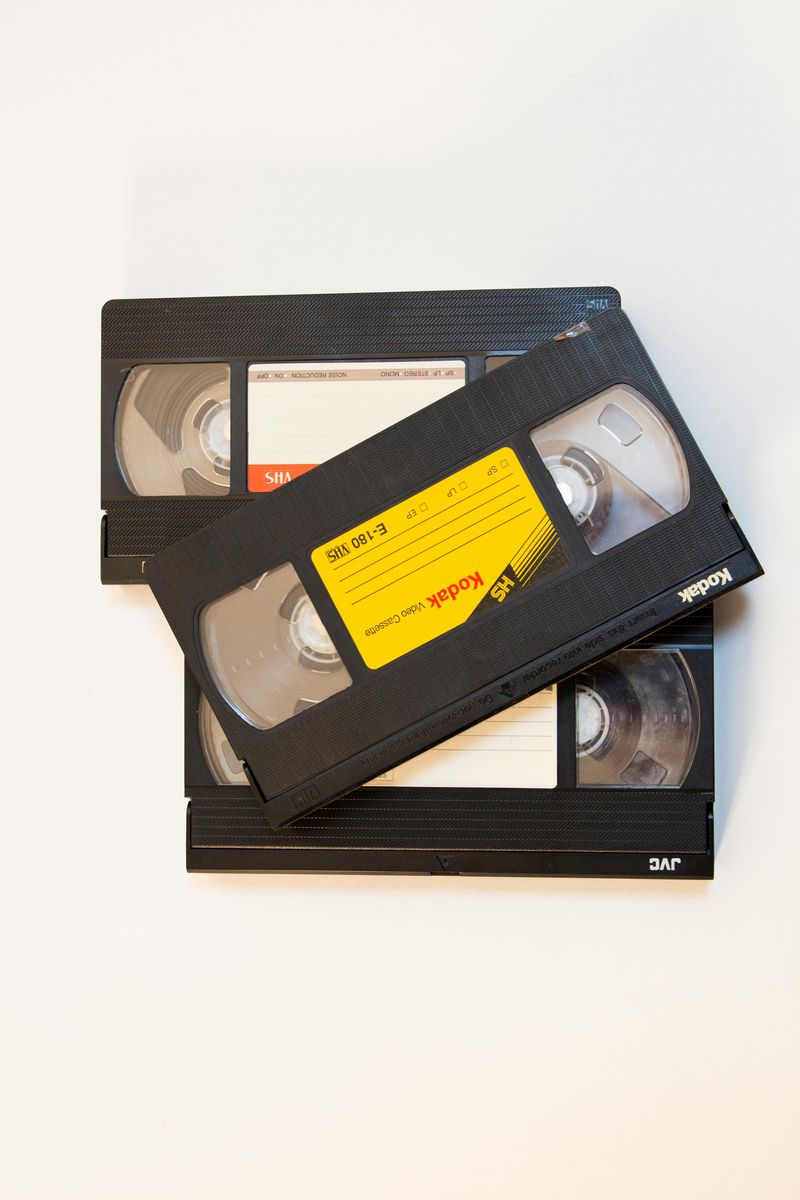
Be kind, rewind! That phrase haunted video rental customers everywhere. Forgetting to rewind your tape before returning it meant paying annoying fees at the rental store. VCRs made that mechanical whirring sound as they spooled the tape backward.
Some families bought separate rewinding machines shaped like sports cars. Movie night prep included checking if someone actually rewound last week’s rental.
4. Looking Up Information In Encyclopedia Sets

Google who? Encyclopedia sets were the original search engines, taking up entire bookshelves in living rooms. Research projects meant pulling out heavy volumes and flipping through pages to find what you needed. Cross-referencing topics required juggling multiple books at once.
Parents invested serious cash in these collections. Dust gathered on less popular letters while Volume S got worn from constant use.
5. Developing Film At The Photo Lab
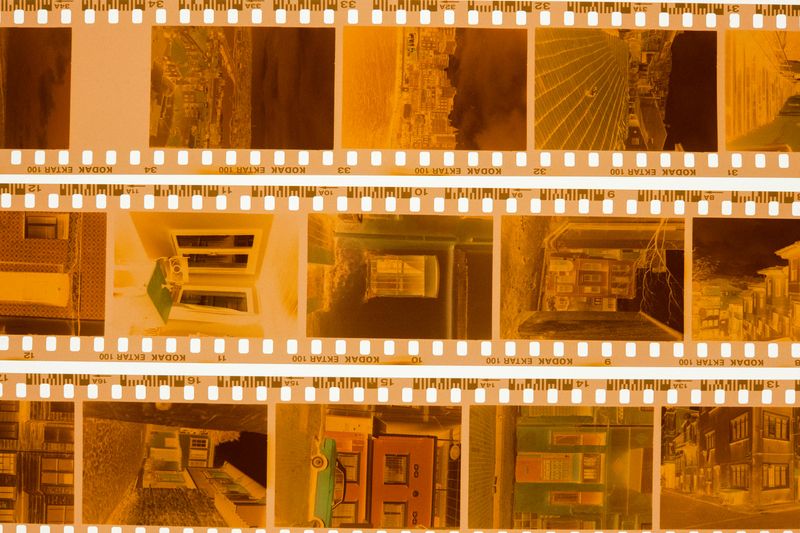
Taking pictures meant waiting days or weeks to see how they turned out. After finishing a roll of film, you dropped it off at the drugstore and hoped for the best. Picking up your prints felt like Christmas morning, even though half might be blurry or feature someone’s thumb.
Double prints cost extra but seemed worth it for sharing.
6. Writing Checks For Purchases
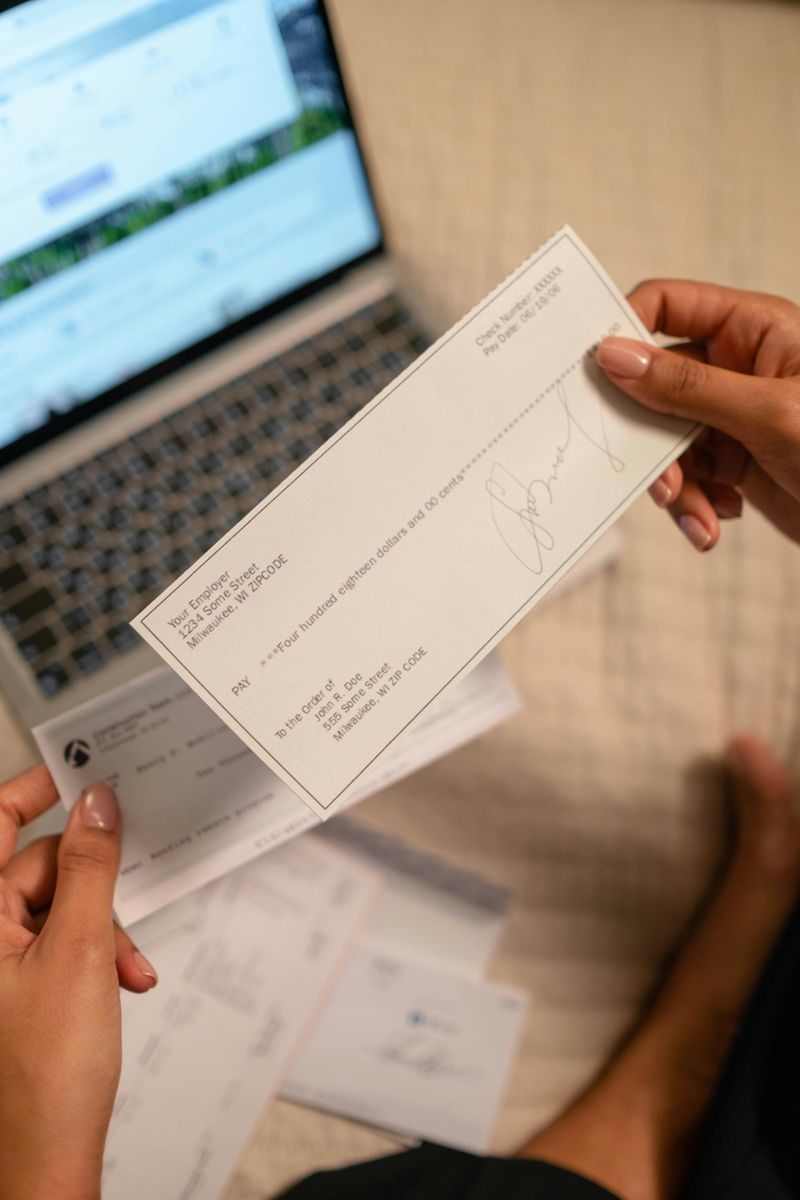
Swiping cards seems simple now, but Boomers grew up balancing checkbooks and writing checks for everything. Grocery lines moved slower as people carefully filled out date, amount, and signature. Mistakes meant voiding the check and starting fresh.
Keeping track of spending required manual math in those little registers. Bouncing a check brought embarrassment and fees from the bank.
7. Recording Songs Off The Radio
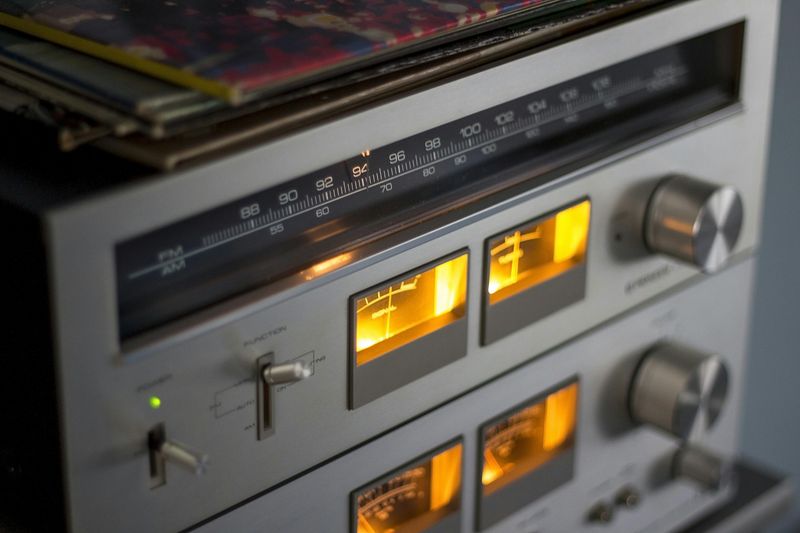
Creating the perfect mixtape required ninja-level timing and patience. You sat by the radio with your finger hovering over the record button, waiting for your jam to play. DJs talking over the intro or outro ruined perfectly good recordings.
Blank tapes became treasured possessions filled with favorite songs. Labeling them with marker made your collection feel official and important.
8. Using Paper Maps For Navigation
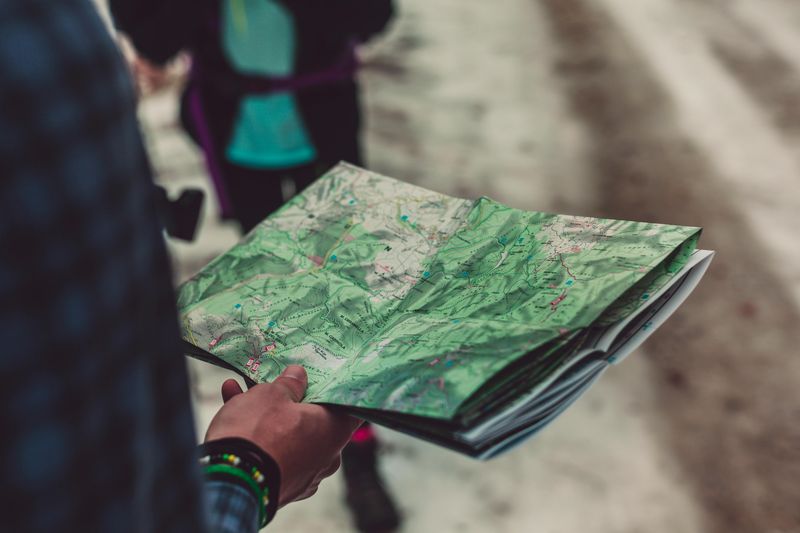
Getting lost was practically a rite of passage before GPS existed. Paper maps unfolded into giant sheets that never refolded correctly, covering entire dashboards during road trips. Navigators called out turns while drivers squinted at tiny road names.
Gas station attendants gave directions using landmarks instead of street addresses. Wrong turns added hours to trips and tested family patience.
9. Waiting For Photos From A Polaroid Camera
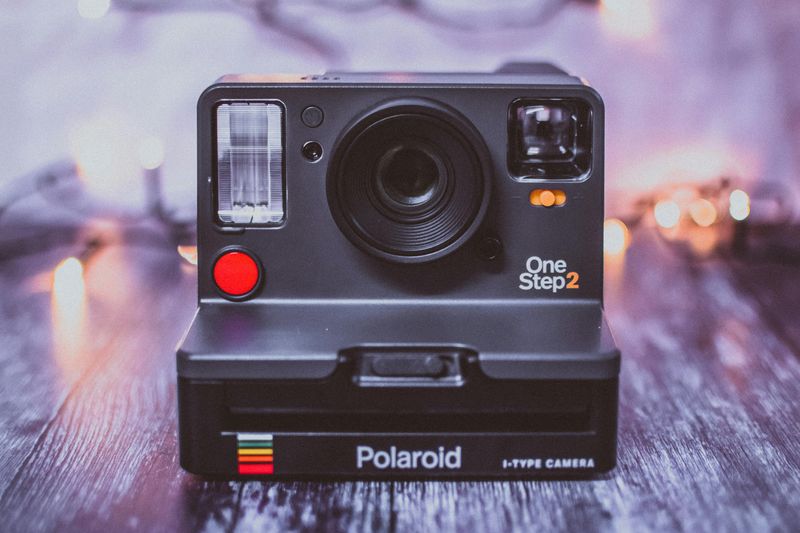
Instant cameras seemed like magic, spitting out photos that developed before your eyes. Everyone shook those Polaroids vigorously, even though it probably didn’t help the development process. Watching the image slowly appear felt more exciting than any phone notification today.
Film cartridges cost plenty, so each shot counted. Blurry pictures or closed eyes meant wasting precious film and money.
10. Microfiche Readers At The Library

Researching old newspapers meant threading film through clunky microfiche machines at the library. These contraptions projected tiny pages onto screens, and you scrolled through hundreds of images looking for specific articles. Eyes strained from squinting at blurry text for hours.
Printing copies required feeding coins into the machine. Finding the right film reel felt like treasure hunting through dusty archives.
11. Manually Rolling Car Windows Up And Down

Power windows were luxury features that most families couldn’t afford. Rolling down windows required serious arm strength, especially in older cars with stiff cranks. Backseat passengers asked the driver to control their windows since reaching across was easier than cranking.
Handles sometimes broke off completely, leaving windows stuck. Summer heat made manual cranking feel like an Olympic workout event.
12. Using TV Guide To Plan Viewing Schedules
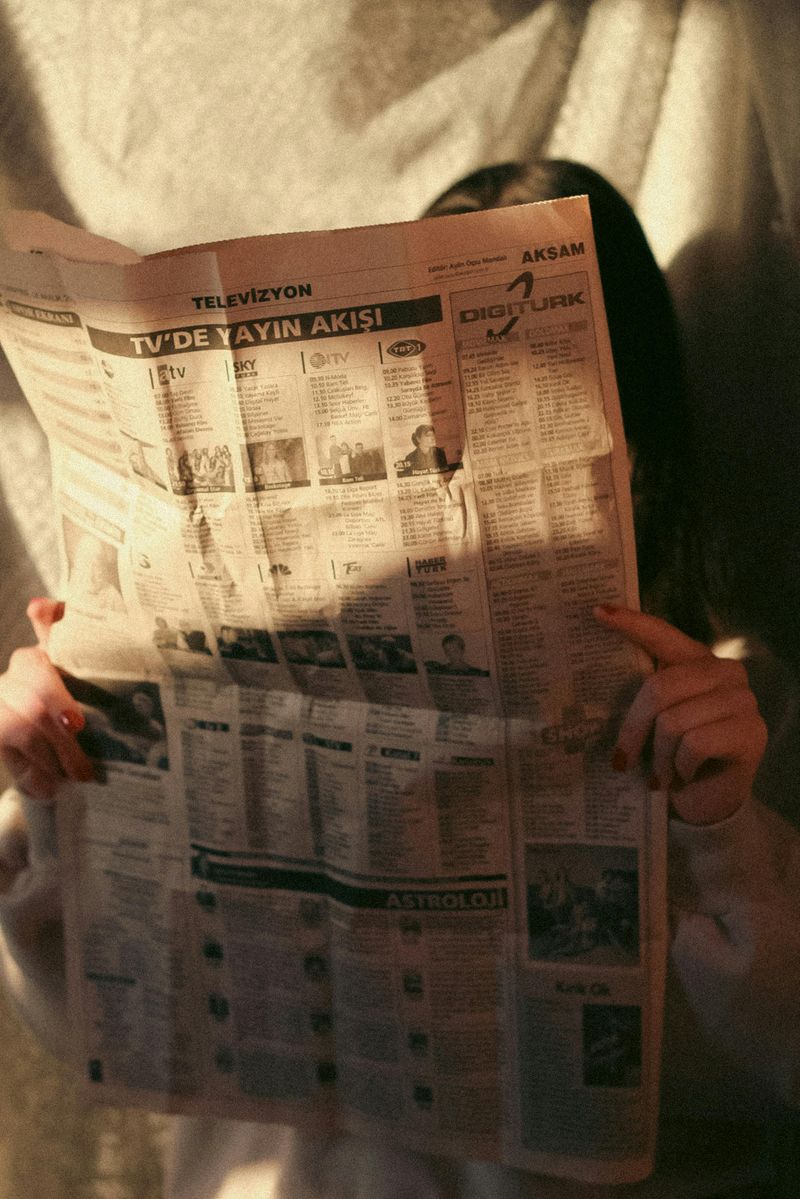
Planning your week around favorite shows required consulting the TV Guide like a holy text. This magazine listed every program by day and time, helping families avoid conflicts over the single television. Missing an episode meant waiting months for summer reruns.
Highlighters marked must-see programs throughout the week. Special movie premieres got circled and discussed days in advance.
13. Defrosting Freezers With Ice Build-Up

Frost-free freezers didn’t exist in many homes, so ice accumulated like glaciers inside freezer compartments. Defrosting day meant emptying everything into coolers and letting chunks of ice melt into towels and pans. Hairdryers and warm water sped up the process but created messy puddles.
Frozen food risked thawing during this ordeal. The whole kitchen became a wet, slippery disaster zone for hours.
14. Consulting Phone Books For Numbers

Finding a business phone number meant hauling out massive phone books that weighed more than bowling balls. Yellow Pages listed businesses by category, while White Pages had residential numbers in alphabetical order. Tiny print required good lighting and sometimes reading glasses.
New editions arrived annually with a satisfying thud on doorsteps. Out-of-date books meant calling directory assistance and paying per inquiry.
15. Setting Alarm Clocks With Flip Numbers

Digital displays seem basic now, but flip clocks were cutting-edge technology in their day. Mechanical cards flipped over with satisfying clicks as minutes changed, creating a rhythmic soundtrack for bedrooms. Setting alarms required sliding switches and hoping you got AM versus PM correct.
That loud bell ringing could wake entire households. Snooze buttons got slapped repeatedly every morning without mercy.
16. Handwriting Letters To Stay Connected

Staying in touch with distant friends and family meant putting pen to paper and pouring thoughts into handwritten letters. Choosing pretty stationery made correspondence feel special and personal. Spelling mistakes required starting over or using correction fluid that never quite matched the paper.
Mailboxes brought excitement instead of just bills. Waiting weeks for replies taught patience that texts destroyed forever.

